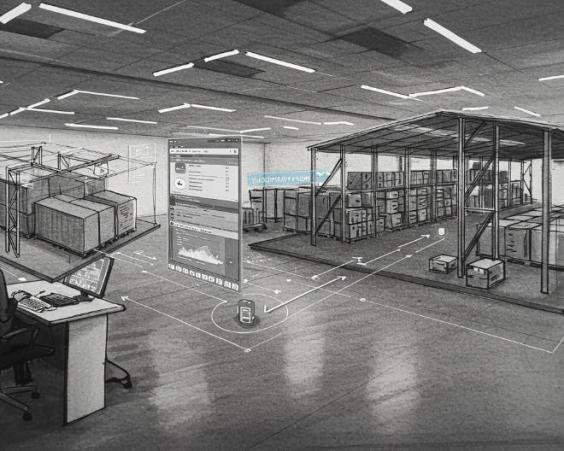Accounting in the French Revolution: Financing the war and fiscal chaos
The French Revolution, which began in 1789, marked a turning point in the history of France and the world. However, behind the ideology and revolutionary passion, there was a complex financial system struggling to maintain balance. In this article, we will explore accounting in the French Revolution, focusing on war financing and the fiscal chaos that characterized this period.

The Financial Context Before the Revolution
Before the French Revolution, the French financial system was in crisis. The absolute monarchy of Louis XVI had accumulated a large public debt, partly due to France's participation in the Seven Years' War and the American War of Independence. The tax burden was heavy, and the nobility and clergy were exempt from paying taxes, increasing the pressure on the middle class and peasants.
The Financial Crisis and the Role of Accounting
The financial crisis worsened in the 1780s, when public debt reached unsustainable levels. Accounting in the royal court was inefficient and non-transparent, making it difficult to make informed decisions. Finance ministers, such as Jacques Necker and Charles Alexandre de Calonne, tried to implement reforms, but were hindered by the resistance of the nobility and clergy.
War Financing and Accounting in the Revolution
The French Revolution broke out in 1789, and soon became a civil war and then an international war. The new revolutionary government needed to find ways to finance the war, leading to the creation of a more efficient and transparent accounting system.
In 1791, the National Accounting Office was created, responsible for recording and controlling government spending. However, the war and political instability led to fiscal chaos, and accounting became a challenge. Military spending increased rapidly, and public debt skyrocketed.
Inflation and the Issuance of Assignats
To finance the war, the revolutionary government issued assignats, which were paper bills used as currency. However, the excessive issuance of assignats led to rampant inflation, reducing the value of the currency and increasing poverty.
Fiscal Chaos and Accounting in the Napoleonic Era
In 1799, Napoleon Bonaparte became the leader of France, and his regime was characterized by a more centralized and authoritarian approach to accounting and financial management. The Ministry of Finance was created, responsible for controlling spending and public debt.
Accounting in the Napoleonic era became more sophisticated, with the creation of a budget system and the implementation of internal controls. However, the war and imperial expansion led to an increase in public debt, and accounting remained a challenge.
Conclusion
Accounting in the French Revolution was a challenge due to the financial crisis, war, and political instability. Although more efficient and transparent accounting systems were created, fiscal chaos and inflation reduced the effectiveness of these efforts. The Napoleonic era was characterized by a more centralized and authoritarian approach to accounting, but the war and imperial expansion led to an increase in public debt. Accounting in the French Revolution is a reminder of the importance of financial management in times of crisis and change.
- Sources:
- Doyle, W. (1989). The Oxford History of the French Revolution. Oxford University Press.
- Schama, S. (1989). Citizens: A Chronicle of the French Revolution. Alfred A. Knopf.
- Mathiez, A. (1927). The French Revolution. Alfred A. Knopf.





